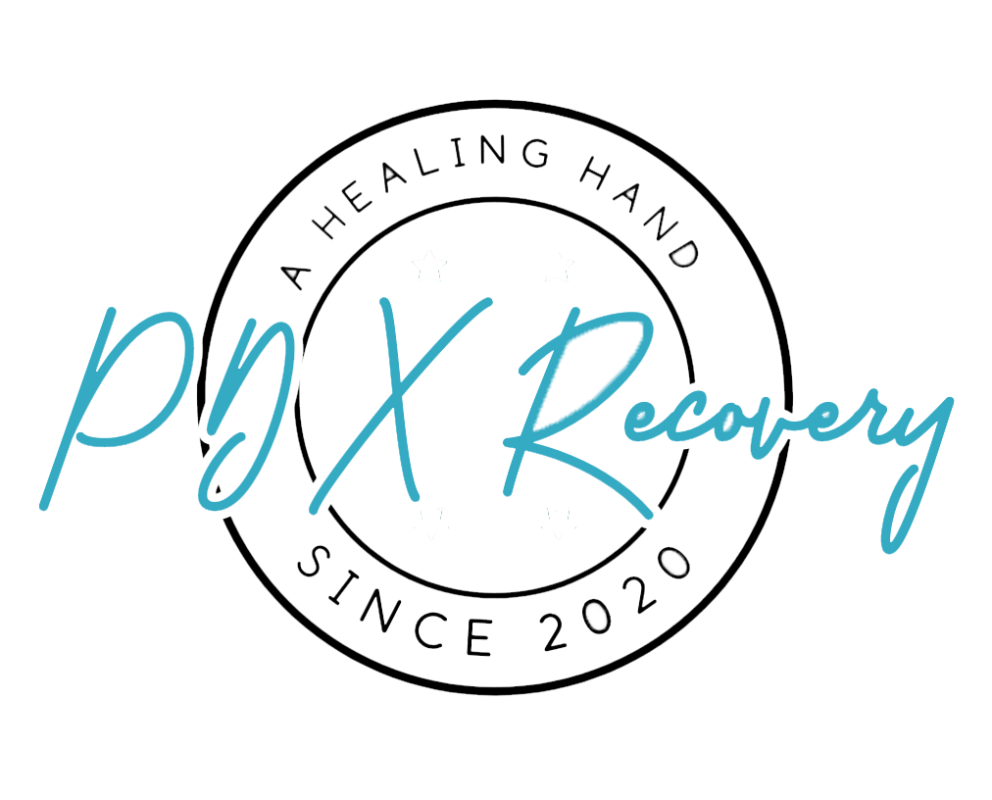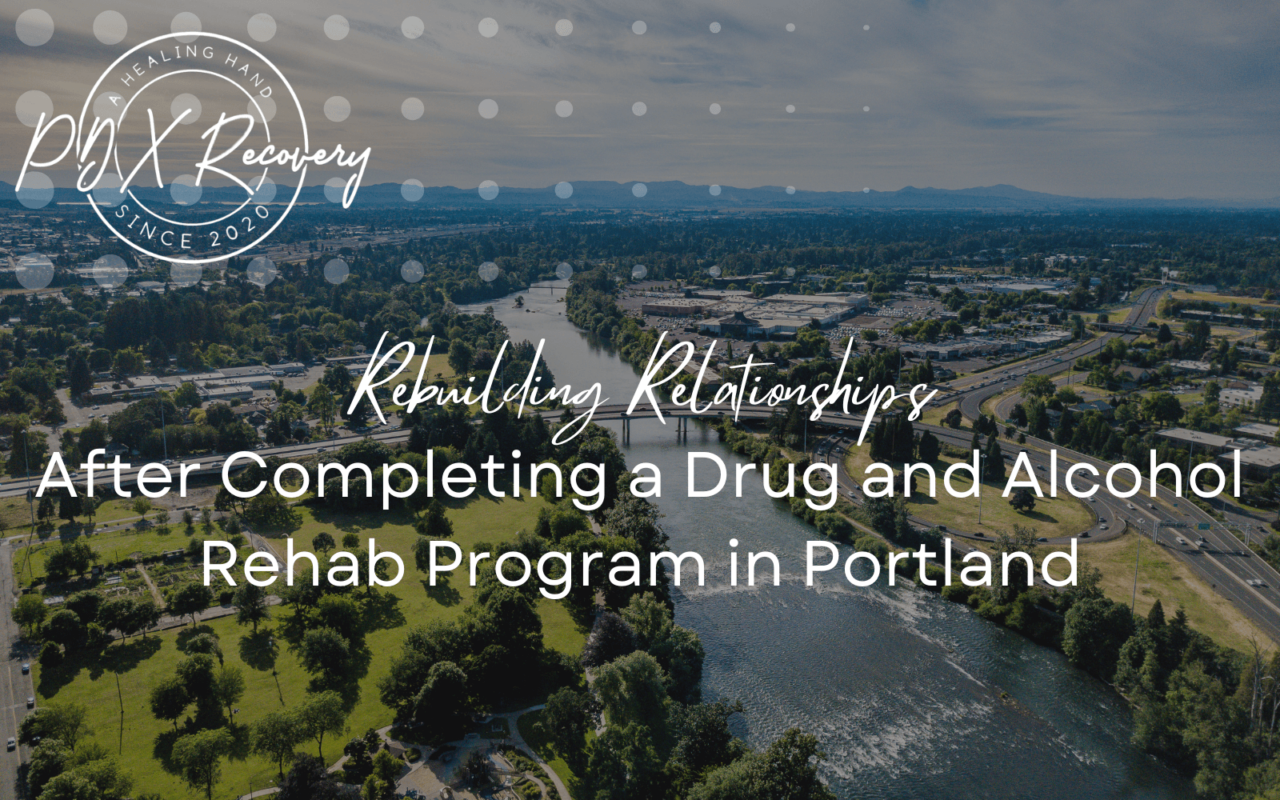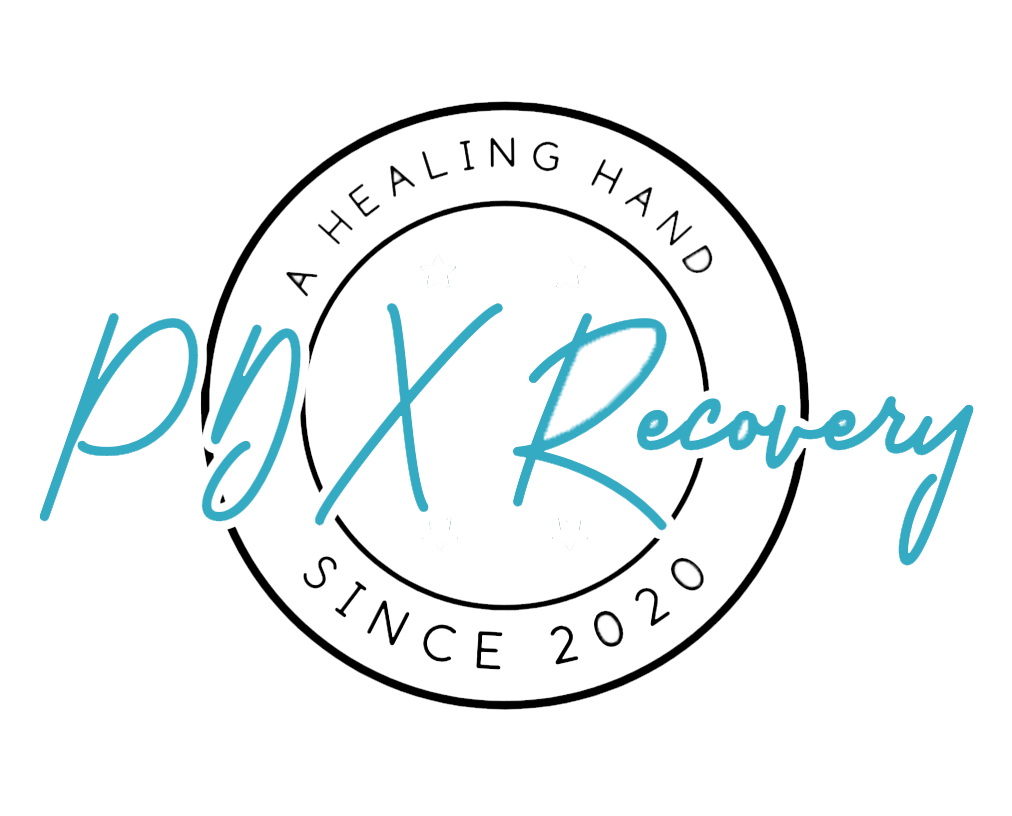Completing a drug and alcohol rehab program is a life-changing achievement. If you’re reading this, congratulations—you’ve overcome one of the biggest challenges of your life. However, finishing your rehab journey doesn’t mean everything else automatically falls into place. One of the more significant and complex challenges you’ll face after completing a drug and alcohol rehab program in Portland is rebuilding relationships that may have been strained or damaged due to your addiction.
At PDX Recovery, we understand that the healing process doesn’t end with sobriety. Rebuilding trust, repairing emotional bonds, and re-establishing communication with family and friends are critical parts of your ongoing recovery. While this journey will require time, effort, and a lot of patience from everyone involved, the results can lead to stronger, healthier, and more fulfilling relationships.
In this post, we’ll dive into the complexities of rebuilding relationships after addiction, including practical steps for restoring trust, how to deal with emotional pain, and resources that can help you along the way. Let’s walk this journey together.
Understanding the Impact of Addiction on Relationships
Before we get into how to rebuild relationships after a drug and alcohol rehab program in Portland, it’s essential to acknowledge the impact addiction can have on the people around you. Addiction isn’t a solo issue; it ripples through families, friendships, and romantic relationships. Here are some common ways that relationships are affected:
- Trust Issues: Trust is often the first casualty in relationships affected by addiction. Whether it’s broken promises, dishonesty, or unpredictable behavior, your loved ones may have difficulty believing in your commitment to change.
- Emotional Distance: Addiction can cause emotional detachment, not only because of the substance use itself but also due to the psychological and emotional effects it has on the individual. This emotional distance can make relationships feel strained or even non-existent.
- Conflict and Miscommunication: High stress, erratic behavior, and miscommunication often dominate relationships impacted by addiction. It’s not uncommon for misunderstandings to escalate into full-blown arguments.
- Loss of Connection: Many people in active addiction withdraw from their support systems, leading to a feeling of isolation for both the person struggling with addiction and their loved ones.
Once you’ve completed a drug and alcohol rehab program in Portland, the first step to rebuilding relationships is recognizing that repairing these bonds is possible, but it takes time and dedication.
The Road to Rebuilding Trust
One of the biggest hurdles in restoring relationships after addiction is rebuilding trust. Trust is foundational in any relationship, but once it’s broken, it takes a lot of consistent effort to mend. Let’s explore some key strategies for restoring trust with your loved ones after completing rehab.
1. Be Transparent and Honest
Honesty is non-negotiable when it comes to rebuilding trust. This means being upfront about your feelings, your progress, and even your setbacks in recovery. The people around you will be watching your actions, and consistent honesty will prove that you’re committed to change. It’s crucial to avoid falling back into old habits of hiding the truth or telling half-truths. This kind of transparency is a game-changer when trying to restore damaged relationships.
2. Follow Through on Promises
One of the hallmarks of addiction is breaking promises, often unintentionally, due to the overpowering need to prioritize substance use. Now that you’ve completed a drug and alcohol rehab program in Portland, it’s time to start following through on your commitments. If you say you’ll be somewhere or do something, do it. Small, consistent actions will show your loved ones that they can rely on you again. Even something as simple as showing up for dinner when you say you will can make a huge difference.
3. Take Responsibility
Owning up to your past actions is critical. It’s likely that during your addiction, you may have caused pain, either emotionally or physically, to those around you. Rather than denying or minimizing what happened, it’s vital to take responsibility for your past behavior. Apologize where it’s needed, but make sure your apologies are sincere. Avoid making excuses. Showing that you acknowledge the harm done—and that you’re working to make things right—can pave the way for healing.
4. Be Patient and Respect Boundaries
Rebuilding trust is a marathon, not a sprint. Your loved ones might not be ready to forgive and forget right away, and that’s okay. Everyone heals at their own pace, and it’s essential to give them the time they need. Sometimes, this means respecting boundaries they’ve set—whether it’s not seeing them as often or avoiding certain topics of conversation. Over time, as you continue to show positive change, these boundaries may become more flexible, but only with patience and understanding on your part.
Strengthening Communication Post-Rehab
Good communication is the backbone of any healthy relationship, and it’s even more critical when you’re working to rebuild relationships post-rehab. During addiction, communication often breaks down, leading to misunderstandings, arguments, and emotional distance. Now that you’ve completed a drug and alcohol rehab program in Portland, improving communication should be a top priority. Here’s how:
1. Active Listening
Communication is a two-way street, and one of the best ways to improve it is through active listening. This means fully focusing on what the other person is saying, without interrupting, judging, or preparing your response while they’re talking. It shows respect and helps rebuild emotional connections.
2. Express Your Emotions Honestly
Suppressing emotions was likely a part of your addiction, but in recovery, it’s essential to open up. Share how you’re feeling—whether you’re struggling with triggers or having a good day. Authenticity fosters deeper emotional bonds, allowing your loved ones to understand where you’re coming from and how they can support you better.
3. Practice Empathy
Empathy is about understanding and acknowledging the feelings of others. Your loved ones likely experienced their own emotional pain during your addiction, so it’s important to validate their feelings without becoming defensive. Phrases like “I understand why you feel that way” or “That must have been really hard for you” go a long way in making others feel heard and valued.
4. Use “I” Statements
When discussing difficult topics, try using “I” statements rather than “you” statements. For example, say “I felt hurt when this happened” instead of “You hurt me when this happened.” This subtle shift can prevent your loved ones from feeling attacked, encouraging a more constructive conversation.
Rebuilding Family Relationships After Rehab
Family relationships are often the most deeply affected by addiction, yet they can also be the most rewarding to rebuild. Completing a drug and alcohol rehab program in Portland marks a new chapter for you and your family, but healing these relationships requires mutual effort. Here are some ways to start repairing the bonds with family:
1. Family Therapy
Many rehab centers, including those in Portland, offer family therapy as part of their aftercare programs. This is a safe space for you and your family members to discuss past hurts, rebuild trust, and develop better communication habits. Having a professional guide the conversation ensures that everyone’s voice is heard and that progress is made in a healthy, controlled environment.
2. Rebuilding Slowly
Just as with any relationship, family bonds will take time to restore. Start small—whether it’s attending a family dinner or spending quality time with a sibling. Consistency is key, so make sure you’re showing up emotionally and physically for your family members. Over time, the small steps add up and lead to a stronger familial connection.
3. Acknowledge Their Pain
Your family members have likely experienced their own emotional turmoil during your addiction. Don’t forget that addiction doesn’t just affect the individual—it affects the whole family dynamic. Acknowledging their pain and validating their feelings is an important part of the healing process.
4. Respect New Boundaries
During your addiction, some family members may have set new boundaries to protect themselves from further emotional harm. These could be limits on how often they see you, how much financial help they provide, or how they interact with you. Respect these boundaries as you work on rebuilding the relationship. Over time, as trust is re-established, these boundaries may relax, but only if they feel safe doing so.
Family support can be one of the strongest factors in sustaining your sobriety. Whether it’s through therapy or regular family check-ins, these relationships are a critical pillar of your long-term success.
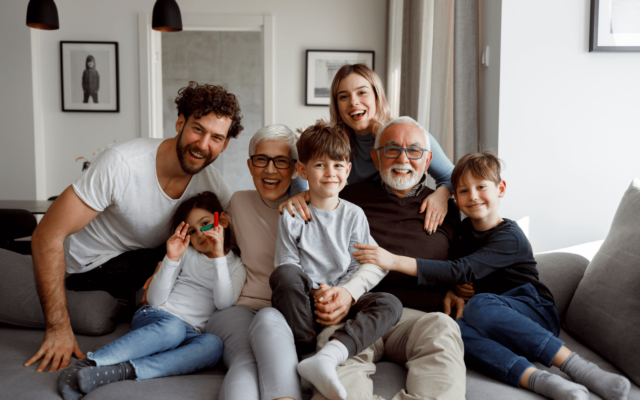
Rebuilding Romantic Relationships After Rehab
Romantic relationships often face the most strain during addiction. Completing a drug and alcohol rehab program in Portland offers a chance to rebuild these connections, but romantic relationships require unique strategies due to the deep emotional investment involved. Here are some ways to mend your romantic relationship post-rehab:
1. Rebuilding Intimacy
Addiction can create a significant emotional and physical distance between partners. Rebuilding intimacy after rehab takes time and vulnerability. Start by re-establishing emotional closeness before physical intimacy. This can involve having honest, heartfelt conversations, spending quality time together, or seeking couples therapy to work through deeper issues.
2. Forgiveness and Moving Forward
Both partners in a romantic relationship need to work on forgiveness—not just for past mistakes but also for any residual anger or resentment. Forgiving doesn’t mean forgetting, but it does mean letting go of the hurt to make room for healing. Both partners should be committed to moving forward together, while respecting the healing process.
3. Set New Goals Together
One powerful way to rebuild a romantic relationship is by setting new goals together, whether personal, professional, or as a couple. This shows that you’re committed to growing and healing not only as an individual but as a unit. These goals don’t have to be monumental—they could be as simple as taking a class together, planning a weekend getaway, or committing to regular check-ins about your emotional well-being.
4. Be Patient with Physical Reconnection
Romantic relationships often include physical intimacy, and after completing a drug and alcohol rehab program in Portland, it’s normal for this aspect of your relationship to require rebuilding. However, it’s important to take things slow. Emotional reconnection should always come first, followed by open communication about what both partners need or expect physically as you move forward.
Friendships: Navigating Social Circles Post-Rehab
Friendships are an essential part of your recovery journey, providing emotional support, encouragement, and a sense of belonging. However, after completing a drug and alcohol rehab program in Portland, you may find that some friendships need rebuilding, while others may no longer align with your new lifestyle. Here’s how to navigate friendships post-rehab:
1. Evaluate Friendships
After rehab, it’s important to evaluate which friendships are healthy and supportive of your sobriety. Some friends may have been involved in your substance use, while others might not understand your new commitment to sobriety. Surround yourself with friends who respect your recovery journey and encourage your growth. Toxic friendships may need to be left behind in favor of healthier, more positive relationships.
2. Set Boundaries
In some cases, old friendships can be rebuilt with clear boundaries in place. For example, you might decide not to attend certain events where substance use is prevalent, or you may need to limit your time with friends who don’t fully support your recovery. Open communication about your needs and limits is crucial for maintaining these friendships in a healthy way.
3. Make New Friends
Recovery is a time for personal growth, and part of that process may involve making new friends who align with your sober lifestyle. Consider joining support groups, attending sober events in Portland, or participating in hobbies or activities where you can meet people who share your interests and values. Expanding your social circle with positive influences will strengthen your commitment to sobriety.
Rebuilding Your Relationship with Yourself
As you work on repairing relationships with others, don’t forget the most important relationship you’ll ever have—the one with yourself. Completing a drug and alcohol rehab program in Portland has likely given you a new perspective on life and an opportunity to reconnect with who you truly are.
1. Practice Self-Love
Addiction often erodes self-worth, and recovery is a time to rebuild it. Practice self-love by being kind to yourself, setting healthy boundaries, and celebrating your achievements—big or small. Treat yourself with the same compassion and patience you offer others.
2. Engage in Self-Reflection
Take time to reflect on your journey—where you’ve been, what you’ve learned, and how far you’ve come. Journaling, meditation, or even regular check-ins with a therapist can help you maintain self-awareness and keep you grounded in your recovery.
3. Set Personal Goals
As you rebuild relationships with others, also focus on your personal growth. Set meaningful goals that reflect your values and aspirations, whether it’s advancing in your career, pursuing a passion, or continuing to improve your physical and mental well-being. These goals will give you something to strive for and help you stay motivated in your recovery journey.
Taking care of your mental health is a crucial aspect of maintaining balance during your recovery. Don’t be afraid to seek counseling or therapy if you feel overwhelmed or stressed.
Final Thoughts: Rebuilding Relationships is a Journey
Rebuilding relationships after completing a drug and alcohol rehab program in Portland is not an easy task, but it is a vital part of the recovery process. Whether it’s with family, friends, or your romantic partner, the road to mending these relationships takes time, effort, and a willingness to embrace vulnerability.
At PDX Recovery, we understand the complexities of this process and are here to support you every step of the way. Healing relationships is about more than just regaining trust—it’s about building healthier, more fulfilling connections that can help sustain your sobriety for the long haul.
If you’re feeling overwhelmed or unsure where to start, remember this: patience, communication, and self-compassion are your greatest allies. And as you rebuild these relationships, don’t forget to also nurture the one with yourself—because in the end, that’s the relationship that will carry you through the toughest moments.
If setbacks occur, don’t be discouraged. Relapses are common, but they don’t mean failure. Continue working on your relationships and your sobriety, and seek help if needed to prevent a relapse from derailing your progress. For more information visit our website https://pdx-recovery.com/ or call us at (971) 256-9087.

